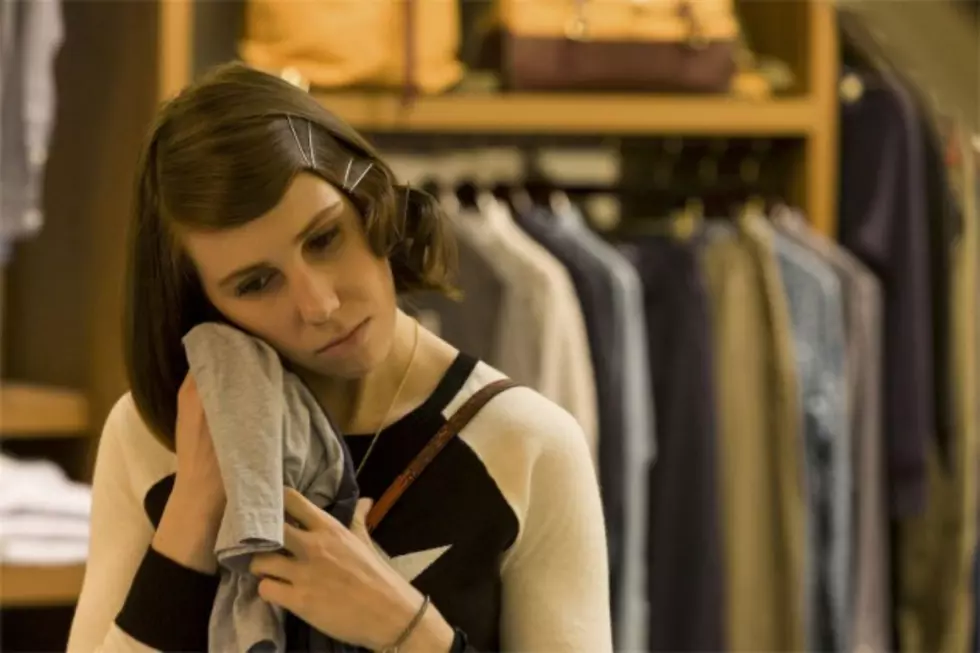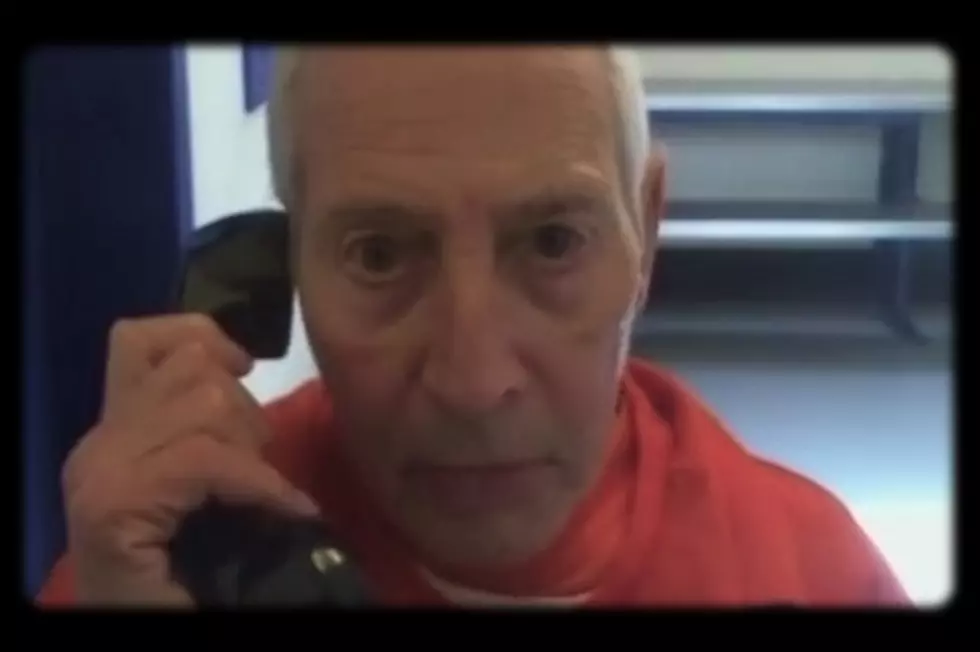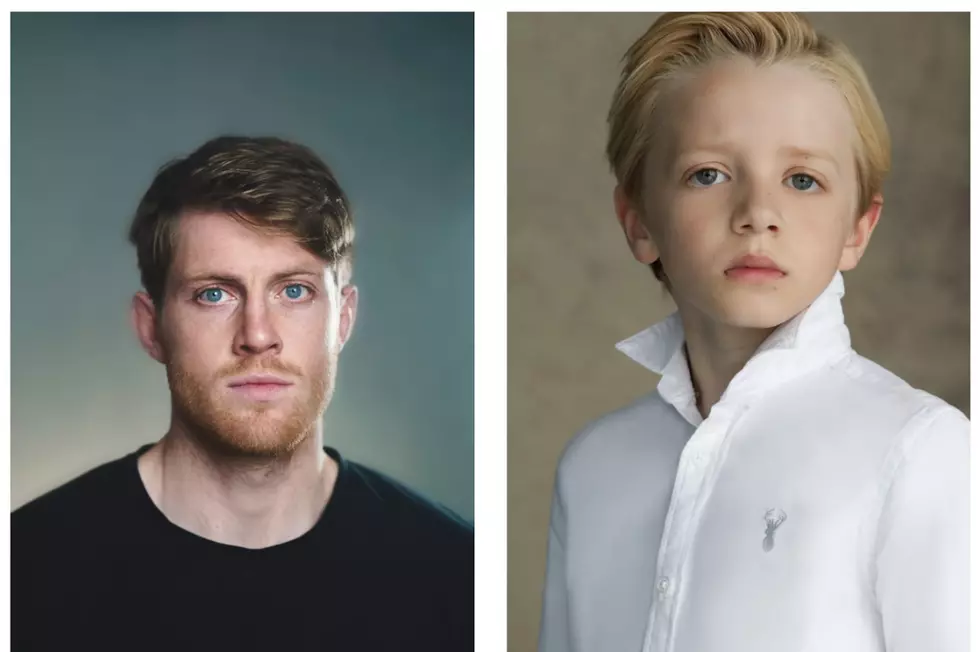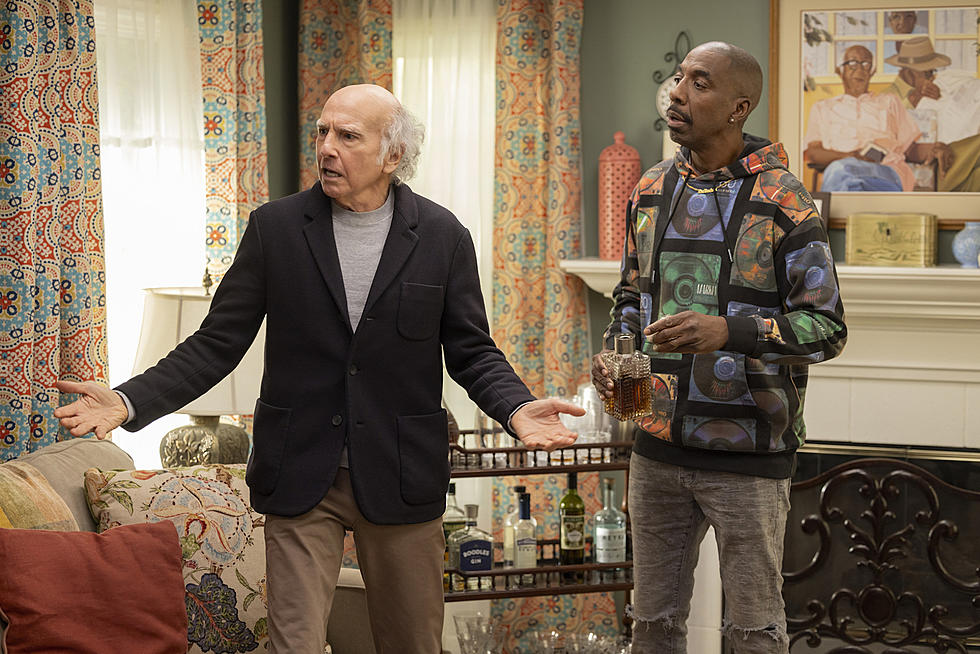
‘Girls’ Review: “Cubbies”
“How do you know if you’ve made the right decision?” That’s the question at the heart of this week’s ‘Girls,’ which sees Hannah struggling to figure out if she belongs in Iowa, while Shoshanna has a hard time finding the perfect job back in New York. All we want to know is if we’ve made the right choice, but it’s impossible to know until the choice has been made.
On first watch, “Cubbies” is a cleverly written episode, filled with perfect reactions and one-liners delivered with effortless rhythm—a wonderful example of the best of ‘Girls.’ But on my second viewing, the episode opens up, becoming something beyond another capsule of the aimless seeking aim.
Hannah has been self-sabotaging from the moment she landed in Iowa, and her “apology” letter to her classmates is a duplicitous offering—one that signals both genuine remorse (in narcissistic fashion, obviously) and a desire to hit the detonation button on her time in Iowa. It isn’t until Hannah’s instructor makes her think she’s being kicked out that Hannah has a moment of honesty with herself, but it’s not honesty that she’s particularly sure of or even happy about. But dinner with her father brings an illuminating, honest discussion about the things we want, the things other people think we should want, and the stuff we just think is the right thing to do.
If Hannah leaves Iowa, is that a mistake? Or was going there in the first place her real mistake? If she leaves Iowa, is she squandering a potential (but unknowable) future? Our decisions are informed not only by our own desires and righteous sense, but socially and parentally and through the accomplishments of those we admire. It’s hard to sort through all of that and ask ourselves what we really want, and even harder to follow our hearts, knowing what a disappointment we’d be to everyone else. Maybe Hannah doesn’t really like writing—I know many writers who despise the act, and as the great Dorothy Parker once said, “I hate writing. I love having written.” Hannah’s toughest critic isn’t others, but herself, and as Tad tells her, she’s the only one who has to live in her mind. It’s “tiring,” she says, because it’s tiring to be yourself and live with yourself every single day. That’s true for everyone. Life would be easier without choices to make and people to disappoint, without a brain that over-analyzes every choice before it’s even made and even more after, and with all the feelings that complicate those thoughts.
Similarly, Shosh is questioning herself and her choices. For as long as we’ve known her, she’s been confident and sure and precise, and she’s fussed over every detail of a life that should have been easy, given her upbringing and education. She doesn’t understand why no one ever warned her that life would be this hard in the real world, to which Marnie replies, “Yeah, they do. That’s pretty much all they ever tell you.” But Shoshanna wasn’t paying attention. Shosh had it easy. Shosh believed in herself a little too much, the victim of a generation where parents instill in us how special and fiercely great we are before we’ve even learned how to walk, and as soon as we can take that first step, we’re running way too fast.
While trying to be supportive to Ray, who’s dealing with the irrational anger instigated by the new stop light in his neighborhood and its accompanying noise pollution, Shosh calms him by pointing out that his anger is his essential nature. Just like Shoshanna’s determination, confidence, and eagerness are part of her essential nature. Just like Marnie’s neediness is part of hers. Just like Hannah’s neuroses and self-doubt and self-destructive tendencies are part of hers.
The thread that connects each of these stories tonight is these characters doubting their essential nature—that moment of pause when Marnie contemplates that Desi only left Clementine because he thought she was cheating, not because he wanted to actually be with Marnie; she’s an afterthought. But all it takes is a shrug to remember that it doesn’t matter how she got him because now he’s all hers. It’s what she wanted. Loneliness and desire have the power to overrule logic and self-respect.
In the end, Hannah gives in to her own nature, making a decision that is right for her but perhaps not the decision her friends or loved ones might have made in her position—but they aren’t her, and only Hannah can decide what Hannah wants and needs. A personal choice is just that, and guilt over that choice is merely a consequence of outside opinion.
Not even 24 hours into leaving Iowa and feeling good about her choice, Hannah is affected by someone else’s choices—arriving home to discover that she’s effectively been replaced by Adam’s new girlfriend in her own apartment. This is the gut punch that’s been building since the first episode of season 4. And it’s enough to knock the wind out of Hannah’s newly confident sails. As always: two steps forward, and one step back.
Additional Thoughts:
- “F—k Phil Donahue.”
- I can’t express enough how much I adored Tad’s conversation and advice to Hannah, which was entirely free of judgment. No one’s opinion about the choices Hannah should make should matter, not even a parent. So what if she decides to quit writing? It shouldn’t define her. I also love learning that her mom once wrote a book and it made her exceedingly unhappy. But it was that experience that taught her to seek out what truly makes her happy.
- “The one where you didn’t buy the Thin Mints from the Girl Scouts? That’s not trivial. That’s a triumph of will.”
- I love the poster for ‘The Long Goodbye’ in Ray’s apartment. So perfect.
- “Why don’t we not workshop my apology?”
- I’m glad for where this season is heading now, but I will miss Hannah’s adventures in Iowa. The next episode will deal with the fallout from Mimi Rose, and it’s perhaps my favorite of the season so far.
More From ScreenCrush









